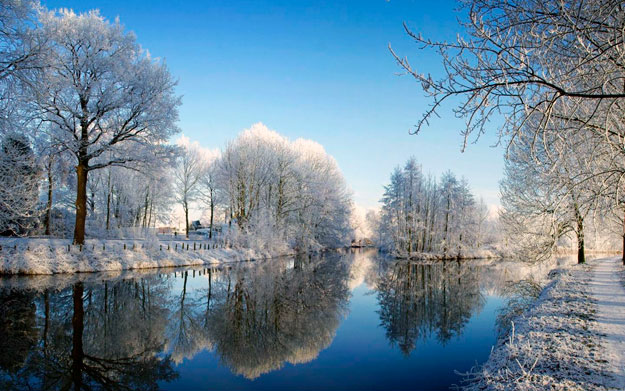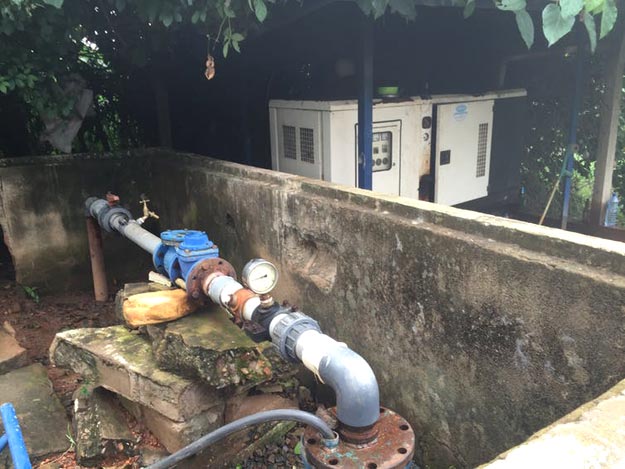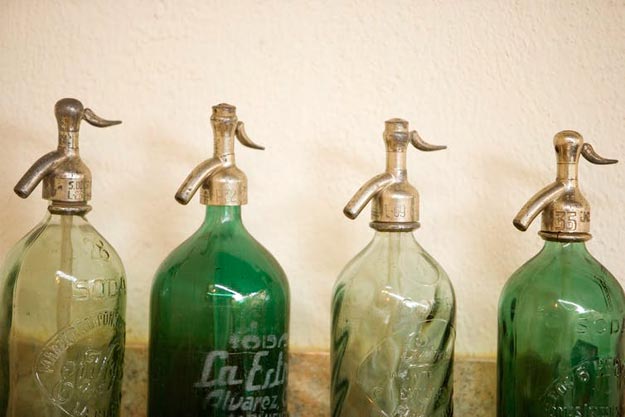Our bodies are made up of over 75% water. We all know that without water, there is no life. In fact we can only live 3 days without it. However, water has been replaced in most diets by soft drinks and other sugar sweetened refreshments. However, water is a healthier and more necessary drink that leads to better health and longetivity.
Your personal need for water can vary due to exercise, temperature and weight. Studies have shown that over 2/3’s of adults do not get enough water on a daily basis. By simply drinking water regularly you can replenish your body and keep it well-hydrated and functioning at maximum efficiency. Read more












